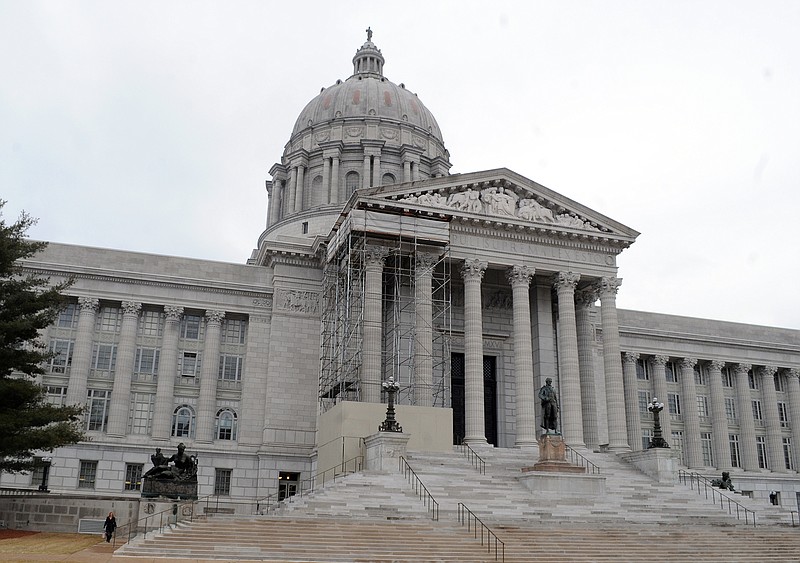Missouri's Senate on Thursday unanimously passed 31-0 a bill that would raise the age of teens covered by the juvenile system to 18.
Currently, state law says those 17 or older and accused of a crime must be handled in the adult criminal justice system.
The change "would reduce the number of youth in the adult criminal justice system," sponsor Wayne Wallingford, R-Cape Girardeau, told colleagues as he asked for a vote to send the bill to the House. "It saves our vulnerable youth, it makes our state safer and also saves taxpayer dollars in the long run."
He noted 45 states already have raised their age to 18, while Missouri and four other states are dealing with the issue this year.
"Missouri's juvenile system is a national model, and we need to use that to make sure that we have therapy and rehabilitation for the youth who have wandered away, but can be saved," Wallingford said. "It's time to move from prisons to programs to save our youth."
Sen. Maria Chappelle-Nadal, D-University City, told Wallingford: "There were so many people in my district who are supportive of this bill. Many of these kids, as I have learned - about 60 percent of them have some kind of mental illness that had not been addressed previously. (Some) come from broken homes."
State Sen. Scott Sifton, D-Affton, worried about the fiscal note.
But, Wallingford said, since the bill, if it became law, wouldn't go into effect until Jan. 1, 2021: "In the first two years, there are no savings. But they predicted that in the third year, it would save almost $381,000, and each year that increases until finally they predicted a savings of $389,000.
"If you add it up, the savings would be $22 million."
He said the experiences of the 45 states that already have changed their age to 18 for juvenile offenders showed their predicted fiscal notes were high.
Wallingford told reporters after Thursday's session that putting young people into adult prisons and jails only makes their situations worse.
And, with new federal requirements to keep young offenders separated from adults in jails and prisons, passing his bill and keeping more young people in the juvenile system will save the state money in the long run, Wallingford said.
The state's juvenile system has "the programs that will help our youth not to become continuous criminals," he said. "The recidivism rate for people in the juvenile justice system is a lot better than putting them in the criminal justice system" where, experts said, young people are more likely to learn more ways of committing crimes.
"They're about 34 times less likely to recidivate," Wallingford added, talking about the chances for going back to prison after serving time in prison, "than people coming out of the adult criminal justice system.
"The criminal justice system is the most expensive way to handle crime - and it has the worst possible results."
Wallingford said his bill doesn't prevent teens from being certified to stand trial as an adult for violent crimes like rape or murder, nor does his bill change the current law that allows people as young as 12 to be certified as an adult.

